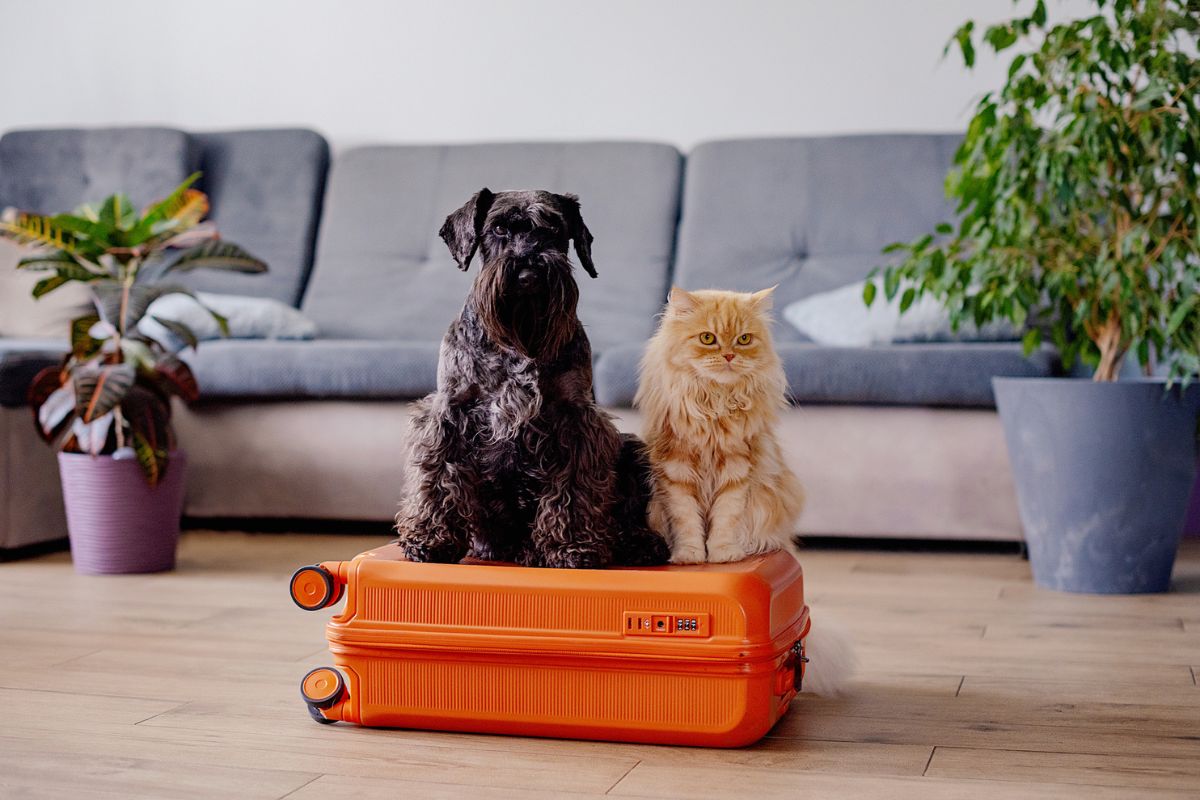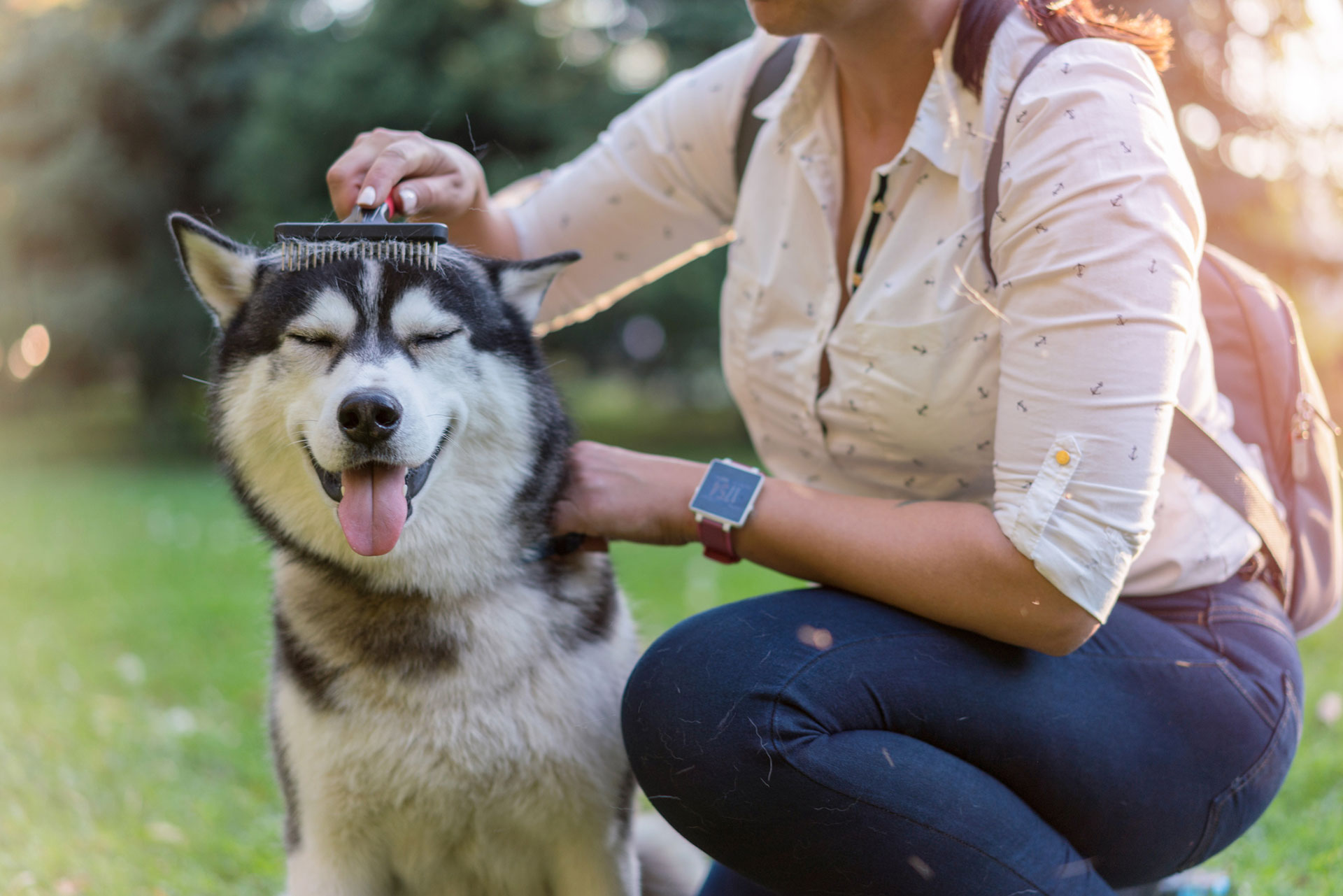Have you ever wondered why pets get microchipped? Microchipping is like a safety net for our furry friends. It’s a safe and permanent way to make sure your cat or dog can find their way home if they ever get lost.
How microchipping works
A tiny chip is put under the skin of the neck, between your pet’s shoulder blades. Don’t worry; they won’t even know it’s there! Suppose your pet is found and taken to a vet or animal shelter. In that case, staff will use a microchip scanner to retrieve the unique identifying code on your pet’s microchip, which is store in the nationwide registry databases.
Breeders will typically microchip your puppy or kitten and register your contact details. However, if you’re unsure of your pet’s microchip status, take them to your local vet to be scanned. It only takes a few minutes, and they can check if the microchip details are correct.
The benefits of microchipping
- Reliable identification. Unlike collars and tags that can be lost or damaged, a microchip offers a permanent and secure form of identification.
- Increased chances of reunion. If your pet goes missing, their microchip significantly increases the likelihood of a happy reunion.
- Legal compliance. It’s a legal requirement in certain regions across New Zealand to have your pet microchipped
Updating your pet’s microchip details
Keeping your contact details up-to-date is a must. Whether you move, change your phone number or transfer the ownership of your pet to someone else, it’s essential to update your details in the nationwide registry databases. That way, if your pet goes missing, you can be reunited quickly.
Identification tags for added security
We recommend getting your pet an ID tag. Engrave their name on one side and one or more numbers on the other. This extra step can save you a lot of trouble if your pet wanders off.
Get in touch for microchipping help
Contact your local Best for Pet clinic if you have any questions about microchipping, need your pet’s microchip number, or want to arrange to have your pet microchipped.






